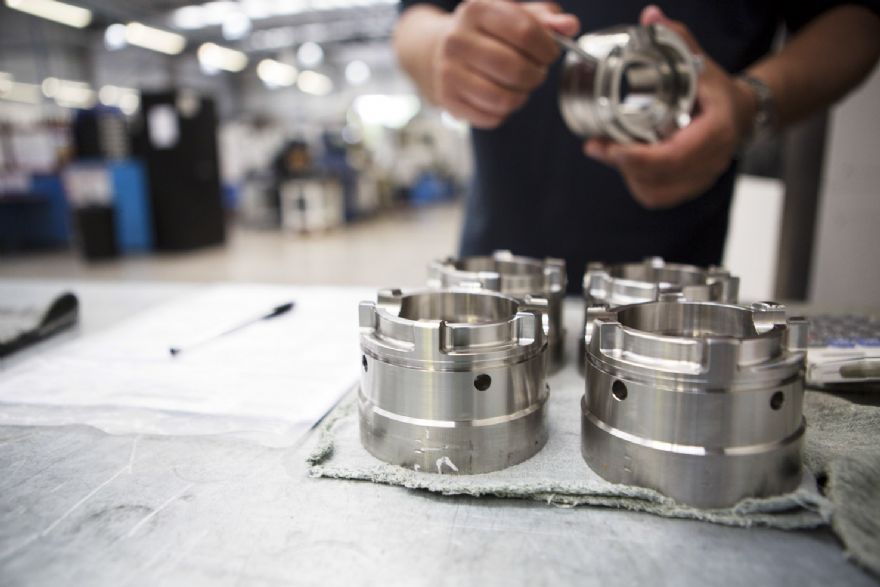
Britain’s manufacturers are seeing a boost in growth prospects as output and orders pick up, with the sector forecast to outpace the economy overall this year according to a major survey published today by
Make UK. The manufacturers’ organisation is forecasting that manufacturing will grow by 1.2% in 2024 with GDP growing by 0.9% — the survey of 320 companies was carried out between 15 and 29 May.
According to the latest
Make UK Q2 Manufacturing Outlook Survey business confidence has risen to equal its highest level in the last decade, as companies look to emerge from a two-year slump following the post-Covid-19 rebound.
Furthermore, looking forward the survey shows that manufacturers want the next Government to make delivering an industrial strategy its top priority, an issue Make UK also made a priority in its
Makers’ Manifesto published ahead of the forthcoming election. Such a strategy must have a skills revolution at its core, with Make UK warning that a shortage of skills is now a critical issue for many companies, not just affecting their growth but the ability to maintain daily operations and fulfil contracts.
There are currently 64,000 vacancies in manufacturing which Make UK estimates is costing £6 billion in lost output. Vocational skills are a particular are of concern caused largely by a significant reduction in Level 2 and 3 engineering apprenticeships. In addition, the survey shows strong support for the next Government to ease the friction felt by businesses on both sides of the channel since the Trade and Cooperation Agreement came into force three years ago by strengthening relations with the EU, which remains by far the largest market for UK manufacturers.
Concrete signs of growthJames Brougham, senior economist at Make UK, said: “At long last, manufacturers can see concrete signs of growth and a much better economic outlook ahead. With prices cooling and, potential cuts in interest rates to come, the next Government must capitalise on this scenario by delivering a modern, long-term industrial strategy which goes beyond the 2030s and has cross Government support.
“This must be supported by a revolution in skills, a shortage of which is the biggest factor affecting not just companies’ growth prospects but, in many cases, their ability to maintain daily operations and fulfil contracts. This must now be a national endeavour and begin with a fundamental review of the Apprentice Levy and wider vocational training system.”
According to the survey, the balance on output increased from +5% in Q1 to +9% in Q2 but is forecast to jump to +30% in the next quarter. Total orders are following a similar pattern, increasing from +7% in Q1 to +14% in Q2 and then jumping to +32% in the next three months. Export orders (+10%) exceeded UK orders (+2%) highlighting how the UK continues to depend on global value chains for its success but, the pattern since the pandemic when UK orders have consistently exceeded export orders is forecast to resume in the next quarter at +25% and +24% respectively.
The scramble to attract and retain talent also shows no signs of abating, with recruitment intentions increasing from +8% to +26% as companies take on more staff to meet the expected increase in demand and improving economic outlook. Business confidence has also risen to equal the highest level recorded since the survey started measuring the indicator in 2014. The only previous occasion it reached this level was during the immediate post-Covid-19 rebound. Investment intentions moderated however from +15% to +11%.
The survey also asked companies to list their top three priorities for the next Government. Over two-thirds of manufacturers (69.1%) said delivering an industrial strategy was the top priority, more than half (54.2%) said strengthening EU/UK relations, while almost half (44%) said reducing the business tax burden. This was followed by investment in national infrastructure (31.5%) and reforming the Apprentice Levy (24.1%).